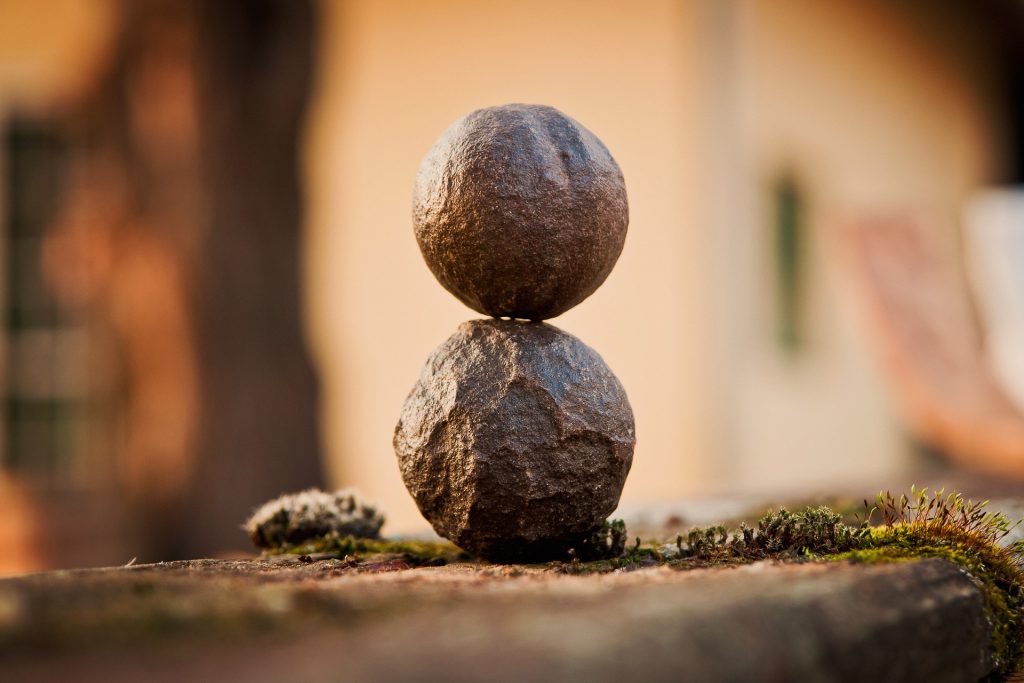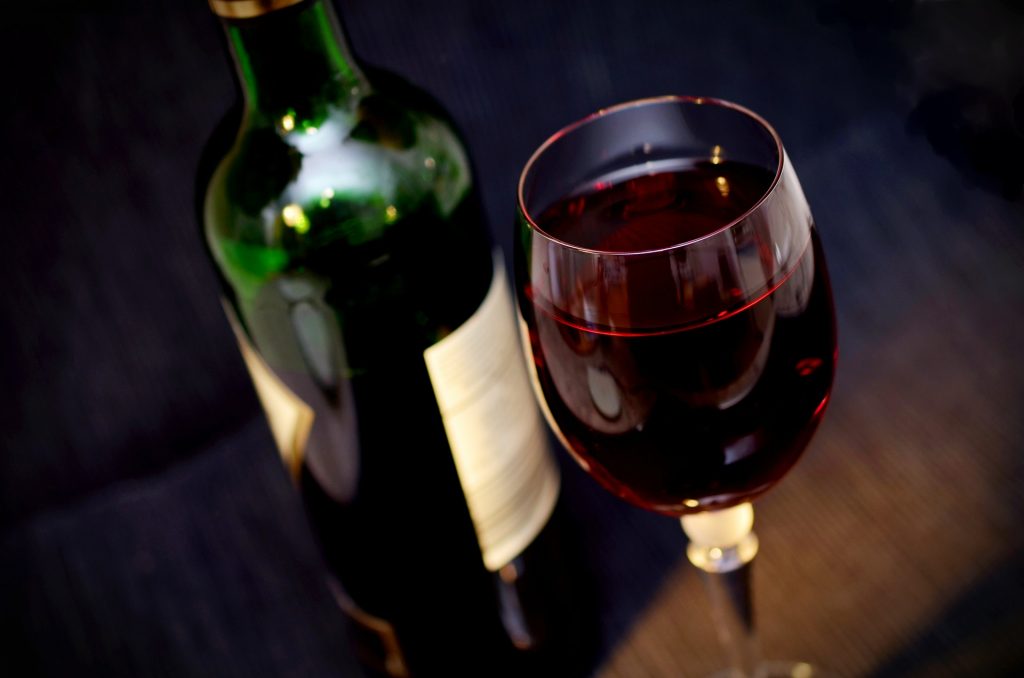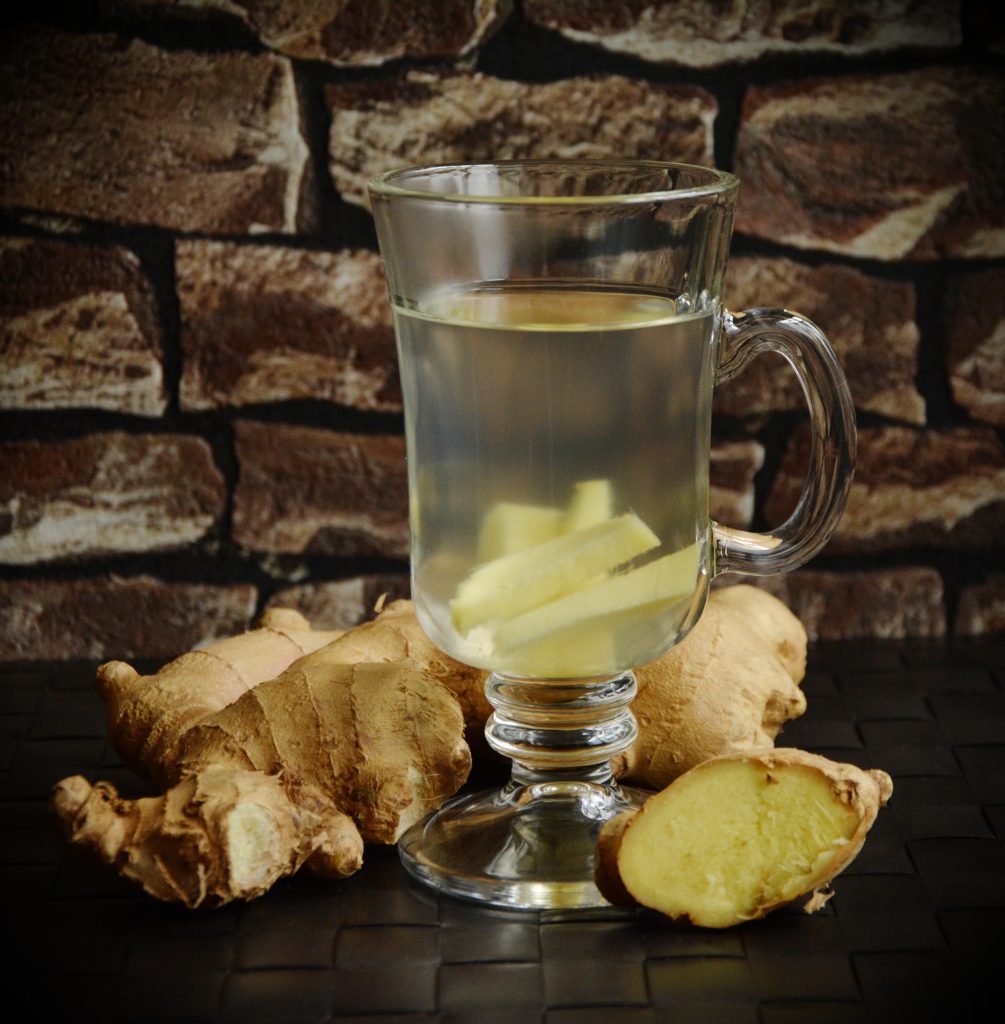Subscribe to the Newsletter
If you are interested in understanding how Traditional Chinese Medicine can improve your life sign up to my newsletter for the latest updates.

Key Learning Points
Hot foods taste great! They add to our enjoyment and some spices have considerable health benefits … but …
… you can have too much of a good thing! In Chinese medicine, too many heating foods have adverse effects – see Stomach Fire.
YES! We’ve got hot and cold food lists for you on separate pages: this page is on hot ie warming, even heating foods. Click here for Cold or cooling foods.
As individuals from different cultures, we react differently.
Someone brought up in South India, where the curries are strong, or Mexico, where the chilli can be explosive, copes better with spicy foods than your typical North European, for example.
Also, some people react with heat to foods classified as cold. (Want to know about the opposite of hot foods? Click Cold Foods!)
Some Western foods are unfamiliar to Chinese medicine, so their effect has not been seen for long enough to know how heating or cooling they are.

Every food has an energetic as well as a nutritional value.
The Western medical approach to food is nutritional, so it calculates the percentage of a food that is protein, carbohydrate, oil etc, and the specific ingredients such as vitamins and minerals
Chinese medicine lacked the means for this kind of investigation, so they watched, for hundreds of years, what effect foods had on people.
Their approach to food is sophisticated, and based round the theory of Chinese medicine. Read more under Nutrition.
When people mostly produced symptoms of Heat, they classified the foods that produced this as being heating – hot or ‘heating’ foods! That’s what’s on this page.
Foods have not just cold or hot values. There are many other classifications for food, including whether it is moistening or drying and into which acupuncture meridian a food is said to ‘enter’.

For health, the Chinese approach recommends foods that help your body to balance its natural tendencies.
For example, if you are naturally a ‘warm’ person, with good circulation, warm hands and feet, who wears less than others, then you may be eating too much warming food and would be better eating more cooling food. For you, too many hot foods make you sick.
Conversely, if you have poor circulation and often feel cold, you should eat more warming foods. But even for you, too many very hot foods would be a mistake: warming foods would be best.
Too much hot food dries and heats your body in ways that appear to you as – for example –

Illness introduces another complication. Often, when sick, your body’s genetic inheritance programmes it to produce various forms of heat.
This comes out as fever. If it’s not a measurable fever it may be a sensation of heat, dryness, soreness (think ‘sore throat’), and grumpiness.
If so, usually it’s best to let your body fight its own fight if you can.
Don’t load it up with cold foods, because they’ll slow it down. Nor should you force down too many hot foods because they may add needless heat to the situation – which means more suffering for you!
When your body is producing signs of Heat as it fights its battle, usually the best thing is to give it

Stay in Touch!
No spam, only notifications about new articles and updates.

Book a Video consultation if you want to know more about your symptoms

Here are some of the foods that heat. They are graded according to their typeface:
The following are the foods most likely to be your downfall, though each of us reacts differently to individual foods: what might be heating for me might be merely warming for you.
The more often you eat something warming the more heating its effect. In other words, the heat accumulates.
Also, the following are only approximate grades of hot foods and one could argue over the precise level of heating of each one of them. For example, most spices tend to lose their heating effect with age, but a few grow stronger for a while.
If a spice is ground to powder it loses its effect over time, and when freshly ground, its effect appears faster when you take it.
How you eat something makes a difference:
Finally, this list of hot foods is incomplete. I just wrote it down from memory and add foods as I think of them. Just because a food isn’t here doesn’t mean it’s not heating. So a food that’s been omitted may be heating.




Then there are foods that specifically benefit a particular body energy, such as foods for Kidney Yang.

Chinese medicine is very sophisticated.
This site is just an introduction to it all, and within Chinese medicine nutrition is very important.
The theory of Chinese medicine has far more to say about food and digestion than you’ve read on this page! Do read Nutrition, but you may also discover more on our pages on Stomach and Spleen.
What, you wonder, do modern medicines do to you? That varies, but check our page on antibiotics.
If you like this page, you may also like these:

Why You get Nervous Stomach Anxiety and How to Handle It. Acupuncture has great ways to help.
Subscribe to the Newsletter
If you are interested in understanding how Traditional Chinese Medicine can improve your life sign up to my newsletter for the latest updates.
Subscribe to the Newsletter
If you are interested in understanding how Traditional Chinese Medicine can improve your life sign up to my newsletter for the latest updates.